Your stories
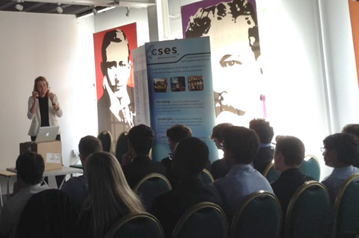
We'd love to hear your stories of STE(A)M activities so that we can share it with others.
If you would like to contribute something to this section, or have queries about anything already posted here, please let us know.
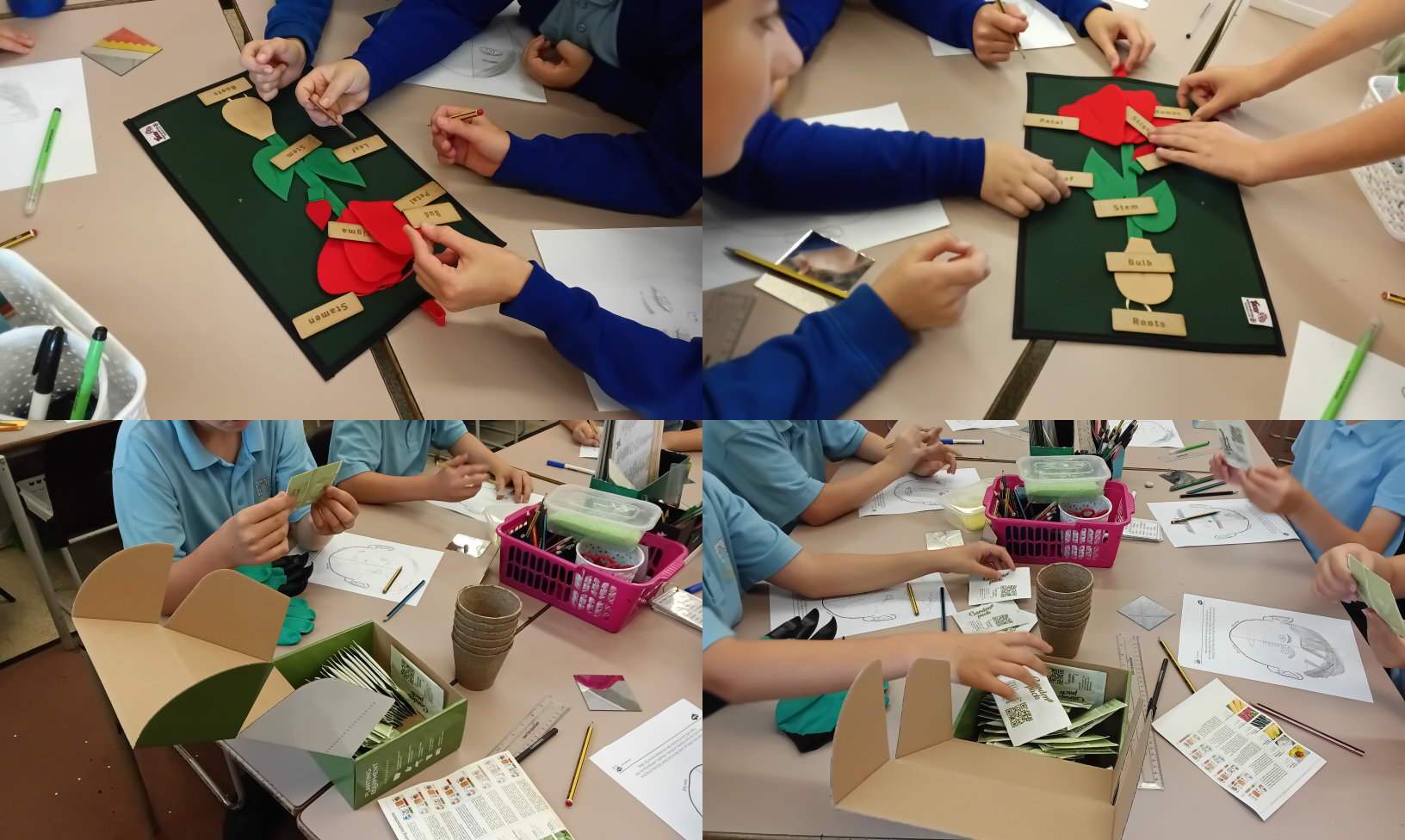
CSES launches new Primary Resource Kits scheme
We have been working with a small number of primary schools to trial the introduction of a new feature of the CSES STEM Club Bursary. This is the Primary Resource Kits scheme, providing free resource kits to support teaching of science at KS1 and KS2. We are aware of the challenges that teachers can face in terms of obtaining resources (or resources that work properly!) when planning and delivering engaging science lessons. It is our aim to support teachers and, in turn, help children explore science and technology.
Priory Primary School in Bicknacre have been among the first to make use of this scheme, taking delivery of a seed kit, wild west desert garden, grow-your-own herbs kit and a stick-on fabric plant diagram. Together, these make up the 'Plants' subject resource pack (others available include 'Electricity', 'Space', 'Rocks' and 'Light').
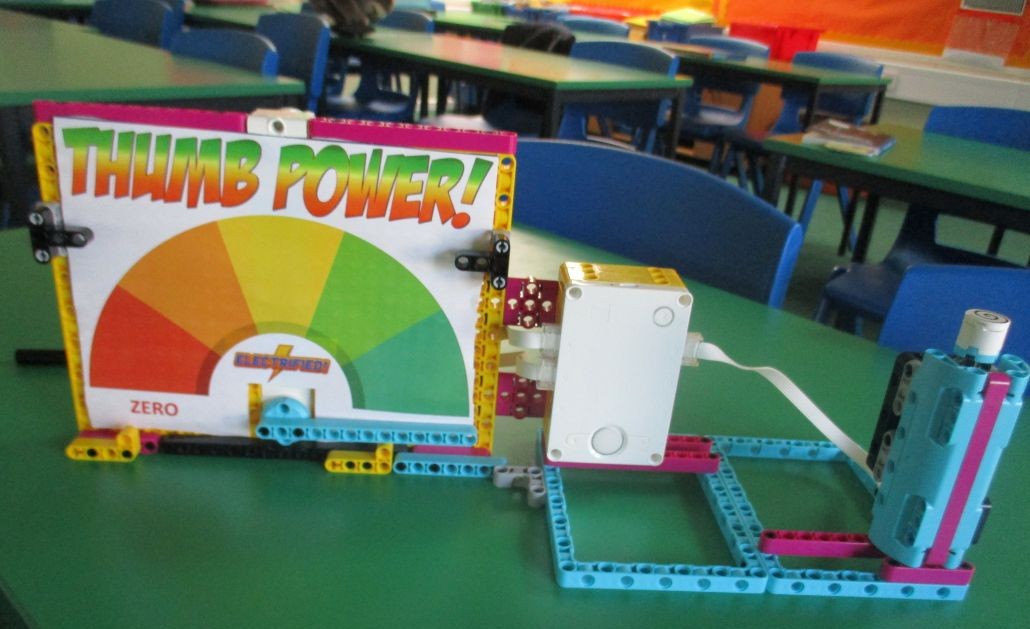
CSES supporting STEM in the community
Funds from the CSES STEM Club Bursary have been used to purchase Lego Spike Essential kits for Cherry Tree Primary School in Basildon, enabling them to run a club for pupils in years 1-6 with a more age-appropriate set of equipment.
Read more: STEM Club Bursary 2025: Cherry Tree Primary School
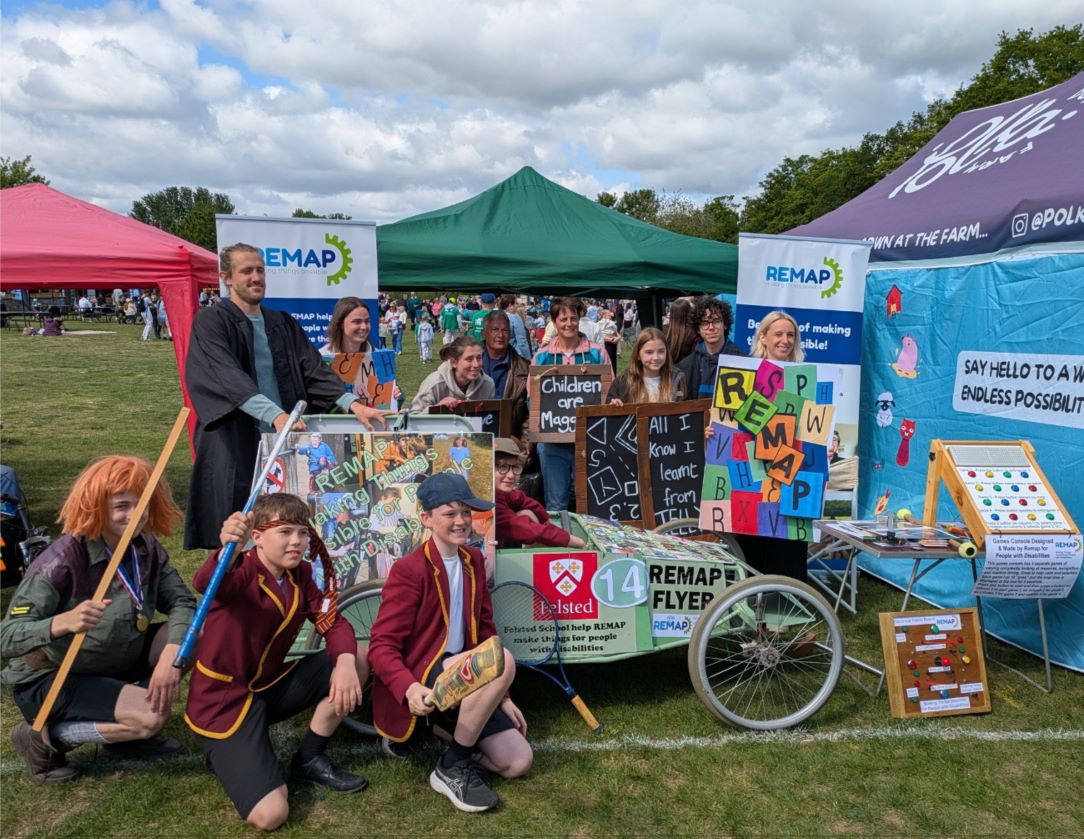
Essex Central REMAP have entered their REMAP FLYER soapbox for the last few years in the Billericay Soapbox Derby. Ahead of the run down the hill, each soapbox team performs an act. This year, REMAP were helped by the Felsted School, who performed a sketch from the musical Matilda. This is a photo of the cast before the run in front of the REMAP stand at the event, which many thousands of people attend. Felsted pupils have been helping REMAP to make equipment for people with disabilities over the last few years, following an entry to CSES TEXPO 2023.
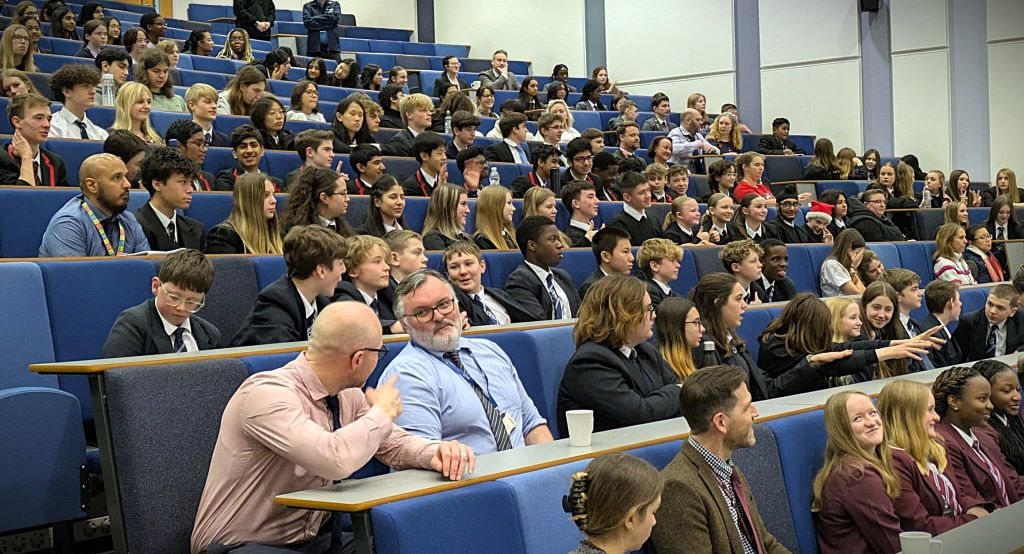
On 13 December 2024, our Year 12 and 13 students enjoyed an inspiring festive trip to Anglia Ruskin University in Chelmsford for a Christmas lecture on Engineering and Manufacturing. Hosted by the Chelmsford Science and Engineering Society, the event provided a fascinating insight into the rapidly evolving world of technology and industry.
The lecture highlighted the intricate workings of supply chains and networks, revealing how precision and collaboration are essential in delivering goods and services. Students also explored cutting-edge technologies that are shaping the future, including artificial intelligence and novel energy resources. These innovations promise to revolutionise the manufacturing industry, offering more efficient, sustainable, and creative ways to produce and distribute products.
The experience was both educational and engaging, sparking curiosity about STEM careers. Students left with a deeper understanding of how engineering and manufacturing intersect with global challenges such as sustainability and energy efficiency. This trip reminded us of the power of innovation to create a brighter, greener future – and perhaps inspired the next generation of engineers and inventors among us!
Original article by New Hall School. Text reproduced with kind permission.
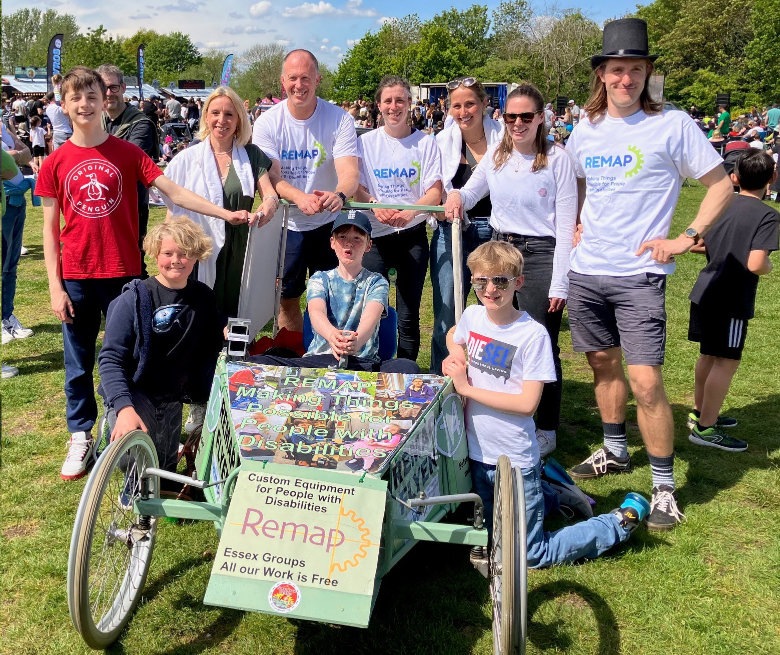
In a wonderful display of creativity and collaboration, Felsted School pupils, parents, and staff teamed up with REMAP engineers at the Billericay Soapbox Derby. The annual extravaganza drew in thousands of spectators eager to witness the spectacle of soapbox chariots hurtling down a perilous route towards the finishing line. This year, Felsted pupils have partnered with REMAP, working collaboratively to create a computerised memory game aimed at assisting people with dementia. Weekly sessions with REMAP engineers have provided Felsted students with invaluable opportunities to hone their scientific, engineering and design skills, all while contributing to a meaningful cause.
Read more: Felsted Pupils Shine at Billericay Soapbox Derby 2024
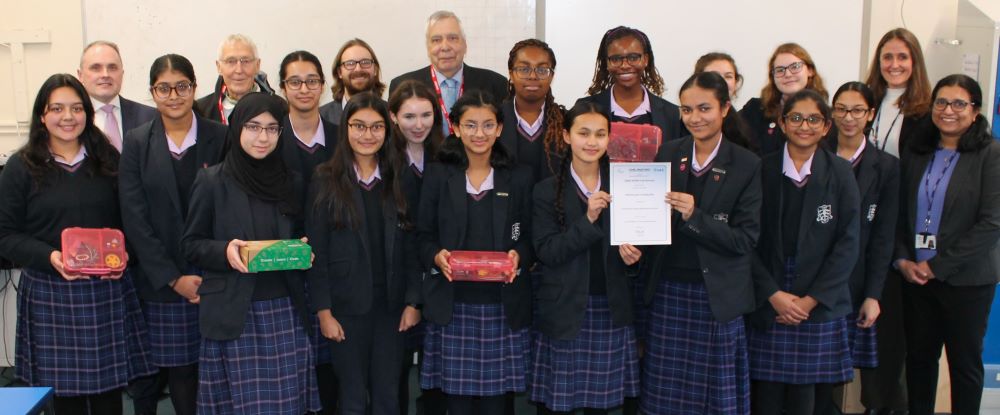
CSES bursary kits granted to Chelmsford County High School for Girls
As part of the ongoing commitment to education, support and inspiration Chelmsford Science and Engineering Society (CSES) has been working with Chelmsford County High School (CCHS) for girls.
CSES member Ed Bye has been working with a group of sixteen keen and enthusiastic year 10 (14/15 years of age) students at Chelmsford County High School.
One lunchtime a week during the autumn term, the students have been exploring control electronic engineering and stored program systems based on the Micro:bit microcontroller.
In the world, there are by far many more devices (microcontrollers) than computers. With increasing electronics finding its way into all sorts of items, this number will grow. As an example, a typical budget low-end car has about 25 microcontrollers, a high-end luxury car can have over 50 microcontrollers.
The current generation of students will be using microcontrollers, developing their own equipment and projects to solve engineering problems. Thus, giving young students some insight and experience with microcontrollers puts them at an advantage and an early start.
To enable some understanding and to provide some practice with this technology, Ed designed a kit of parts to work specifically with the Micro:bit. There is a variety of about 25 sensors and actuators, shown below. These could be used in numerous projects in conjunction with a Micro:bit.
Read more: CSES continues to support schools with technology and engineering
- Felsted School Partners with Remap Charity in Innovative Project to Support People with Dementia
- CSES competition winner speaks with PM
- Solomon's Story: Nuffield Placement
- Greensward Academy at the CSES Schools' Challenge
- Greensward Academy STEM 2018
- PAPi Competition National Finalists
- Chelmsford primary schoolchildren create LEGO designs for the Year of Engineering
- KEGS First Lego League
- Frinton-on-Sea Primary School STEM LEGO Club
- Thurstable School EPQ
